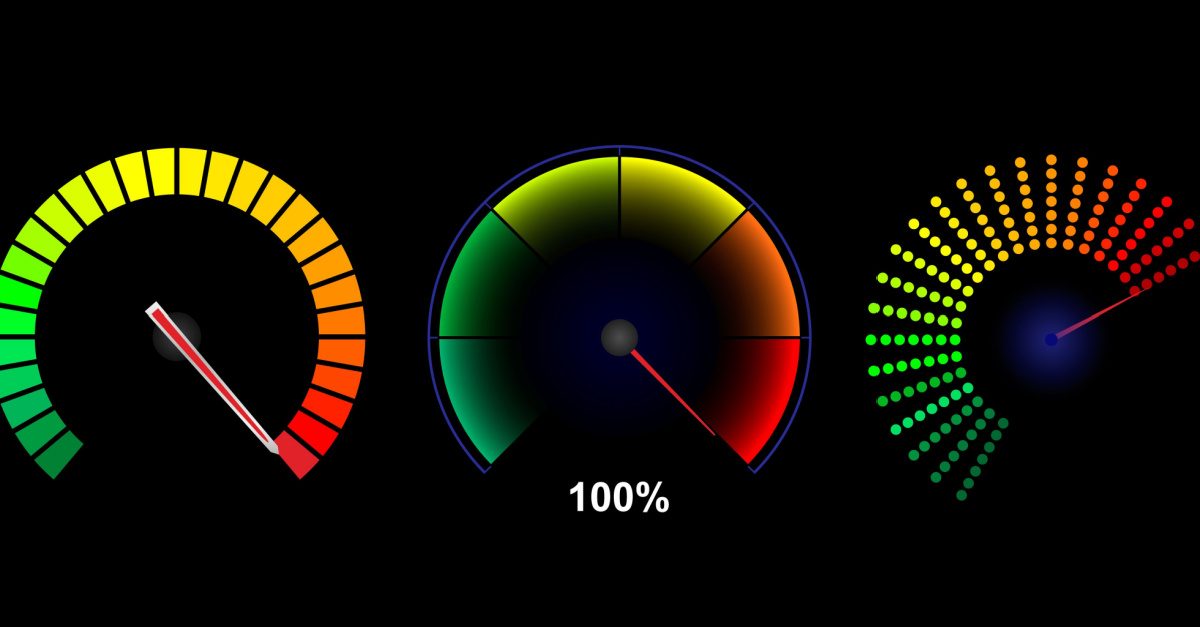
Since time immemorial, there has been a fascination with how pressure changes happen and their impact. While in the past, people would use glass tubes, there have been new developments in pressure sensors in the market.
What is a pressure sensor?
A pressure sensor is an electronic device consisting of a pressure sensitive element to measure the pressure of gases or liquids. They can be used to indirectly measure other variables such as fluid/gas flow, speed, water level, and altitude.
Applications of pressure sensors
While most people know about pressure sensors, it can confuse some people about their actual applications. Knowing about them helps one figure out what sensors will work for them. Here are some of the common applications of sensors:
- Automotive monitoring solution for hydropower plants
- Used in pressure transmitters in seed generating systems
- It comes in handy in electrogenic low meters applied in wastewater and oil fields
- Used as a pressure sensor and a transmitter for special gas pressure measurement
- It helps detect liquid flow in oil and gas drilling wells
- Used in firework departments
- Comes in hand with wireless monitoring solutions for firefighting gear
With all these applications, it is very clear that pressure sensors are very vital when it comes to most businesses. If you are looking for a pressure sensor, it will help if you check out the variety in our collection. They all work efficiently and are perfect for different occasions. As long as you figure out what works for you, we will deliver the sensor to you.
Types of sensors
Over the years, there have been different sensors in the market, and they all serve different purposes. To appreciate all these sensors, you need to learn about them. Here are some pressure sensors in the market.
Piezoelectric
The piezoelectric sensors work using the piezoelectric effect. The effect is described as generating an electric charge in response to physical changes that happen to a material. The effect is evident in some materials to the extent that it can be measured. The pressure measured from this effect is the charge created from the force.
Piezoelectric sensors are made in different sizes, which makes them perfect for use in tiny spaces. Since they allow high frequencies, they can be used when the readings needed are measurements taken between data points and in shorter intervals. The pressure sensor outputs range from 70 to 1000 bar and 1 to 1450psi. They are customized to unique materials, construction, and pressure ports.
Small size pressure sensors
If you want to get the exact measurements and dimensions, then the small-size pressure sensor is perfect for you. Suppose you are working with sensitive changes in pressure changes. In that case, the small pressure sensor from MicroSensor will be perfect for you.
With these smaller sensors, you have a diameter of between 12.6mm to 19 mm. You can also get on with a height as small as 6.5 mm. With these dimensions, it is clear that the sensor is perfect for small sections. Despite its size, it is effective when measuring pressure, which you will find useful.
Anti-corrosive pressure sensors
Sometimes you will be handling liquids that easily corrode the sensor’s surface and affect its efficiency. In this situation, it helps if you can get an anti-corrosive pressure sensor. They are made from titanium, stainless steel, tantalum, or Hastelloy C. As such, you can use them in seawater or liquids that are highly alkaline or acidic. The surface prevents any damage from happening to the sensor, so they keep working as usual.
So many people have had issues with sensors that claim to work with corrosive liquid and gas and end up getting those that are faulty. After using them for a while, the sensors will give false readings. Having a sensor with the right casing ensures this does not happen.
Most industries prefer using anti-corrosive sensors, so they do not have to replace them often. It saves money and ensures the right data is collected during production.
Differential pressure sensors
The differential pressure sensor is an OEM silicon pressure sensor and uses the piezoresistive principle. It measures pressure using the outer resisters and is commonly used in welding constructions. With the differential pressure sensor, you get to work with heavy machinery without an issue.
The right pressure sensors mean that work in an industry can go on smoothly. It also means that whatever equipment is used is up to standard. For this reason, ensure you get your pressure sensors from the right company. Since they are costly, getting them right the first time will come in handy for you.
